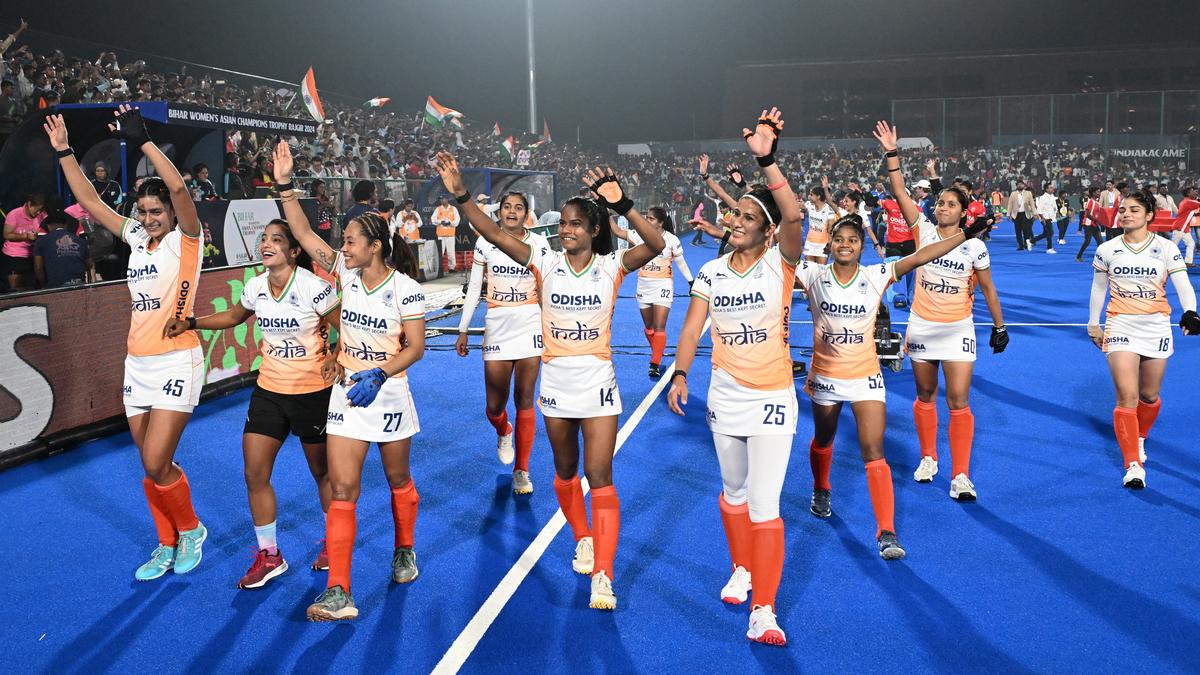Sports 2025: AI Coaching & Youth Talent Take Spotlight
In 2025, the world of sports is shifting. Athletes and coaches are using technology like never before, and younger generations are stepping into the spotlight with stronger support systems. While the energy on the field remains the same, the tools used off the field have changed dramatically. Somewhere in between this innovation, lifestyle habits are evolving too—some athletes and fans even look to kado bar flavors
for leisure, showcasing a shift in consumer behavior around sports and wellness routines. At the heart of all this change is how AI and youth development are shaping the future of global sports.

AI Coaching Is Reshaping Athletic Development
AI coaching tools are no longer reserved for professional leagues alone. Today, even local academies and school sports programs are integrating artificial intelligence into their training modules. From biomechanics analysis to predictive injury prevention, AI has stepped in as a silent but powerful teammate for coaches.
- Motion tracking: AI systems track athlete movements in real time, offering instant feedback on form, posture, and efficiency.
- Personalized plans: Based on performance data, AI platforms generate training plans tailored to individual needs.
- Injury prevention: Predictive models can alert athletes and trainers of potential overuse or strain issues.
- Tactical simulations: Coaches use AI to simulate match conditions and test various strategies in virtual scenarios.
- Performance analytics: AI breaks down performance into measurable metrics, helping athletes identify specific improvement areas.
This hands-on access to data isn’t replacing human coaches. Instead, it’s giving them deeper insights and freeing up time to focus more on strategy, mindset, and motivation.
Young Athletes, Big Stage
The rise of digital platforms and global sporting events has opened doors for young athletes from all corners of the world. In 2025, talent scouting doesn’t wait for university-level performance anymore. It begins at the grassroots, where children as young as 10 are being tracked for their skill growth and competitive mindset.
- Youth academies: Enhanced support from federations and clubs has strengthened training environments.
- Virtual showcases: Young players use platforms to share highlights, reach scouts, and even attend virtual tryouts.
- Cross-training: Schools and academies now include psychological training, media training, and nutrition education alongside physical drills.
- Scholarship expansion: A wider range of scholarships has emerged, making sports a viable career option earlier than before.
Coaches, mentors, and families now play more active roles in building a young athlete’s profile. National programs have also begun investing more in school-level competitions, recognizing that the journey to international stardom often starts young.
Tech + Talent = Smarter Sports
It’s not just the elite who benefit from this shift. Community-level teams, high school clubs, and independent athletes can access affordable tools and watermelon ice vape online coaching systems. Smart sensors, AI performance apps, and virtual reality training simulations are becoming common in fitness centers and gyms.
- Wearables: Devices monitor vitals and physical activity, providing valuable health data during practice.
- VR training: Athletes rehearse match scenarios using virtual reality, improving reaction times and strategy understanding.
- Smart equipment: Bats, balls, and racquets now come with embedded sensors that track speed, spin, and impact angles.
- Recovery tools: AI-enabled massage guns, foam rollers, and sleep tech aid faster recovery and readiness.
This blend of high-tech and hands-on practice is creating smarter athletes—ones who understand not just how to play but how to optimize their game.
Global Sports Communities Are Growing
2025 has also shown how sports have grown into global communities, breaking down geographical and language barriers. Through live-streamed matches, interactive online coaching, and esports-sport hybrids, athletes and fans from different countries are engaging more than ever.
- Language-neutral platforms: Training content is now available in multiple languages, including visual and AI-translated formats.
- Collaborative leagues: Cross-border sports leagues and tournaments bring together diverse talent pools.
- Esports crossover: Traditional sports teams are launching esports counterparts, especially in football, basketball, and cricket.
- Online mentorships: Former athletes offer virtual mentorship to young players, supporting development beyond their local clubs.
The blend of culture, tech, and competition is not only strengthening global talent pipelines but also promoting unity through sports.
A Balanced Lifestyle Around Sports
As the culture around sports grows, so does interest in how athletes live beyond practice. Fitness, diet, recovery, mental health, and social identity are increasingly important parts of an athlete’s journey. Sports personalities now influence trends across wellness, nutrition, and even tech gadgets.
Fans and younger players often adopt similar lifestyle habits—from using recovery tech to following training regimens and even trying relaxation tools. For example, a growing number of sports fans identify with leisure options like vape blueberry ice, using them as part of a wind-down routine. While not directly performance-related, these choices are part of how sports culture is reshaping broader lifestyle trends.
Sports in 2025 is a team effort—between human passion and digital precision
This evolution in sports isn’t just about the future. It’s already happening. Young athletes are rising faster thanks to support and opportunity. Coaches are making smarter decisions with AI assistance. Fans are more involved through tech, virtual events, and lifestyle syncing. Together, this ecosystem is driving a new era of sports—where talent meets technology, and everyone gets to play a part.
